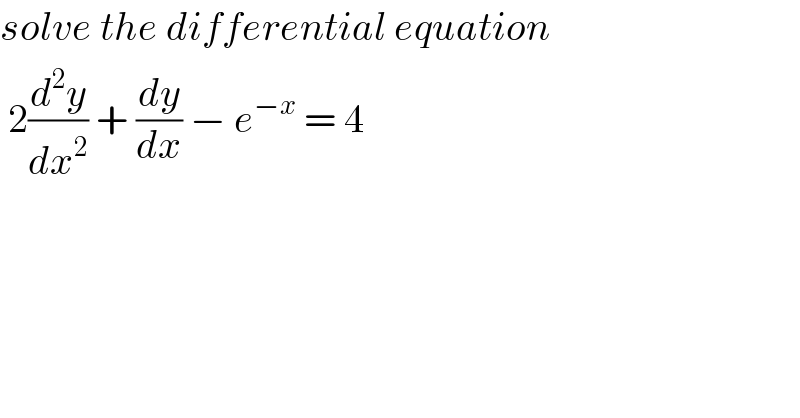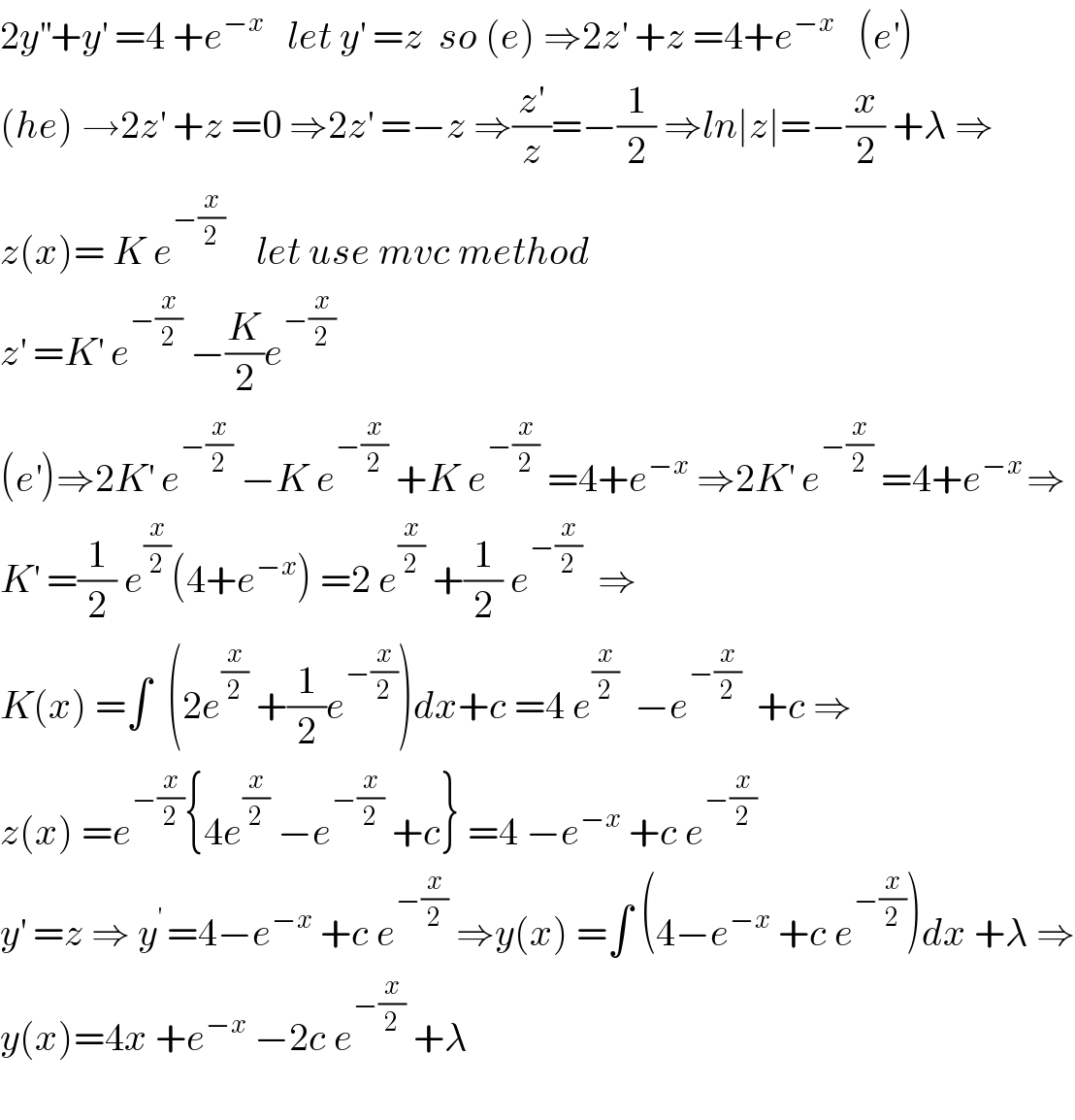
Question and Answers Forum
Question Number 66420 by Rio Michael last updated on 14/Aug/19

Commented by mathmax by abdo last updated on 14/Aug/19

Commented by Rio Michael last updated on 15/Aug/19

Commented by mathmax by abdo last updated on 17/Aug/19

